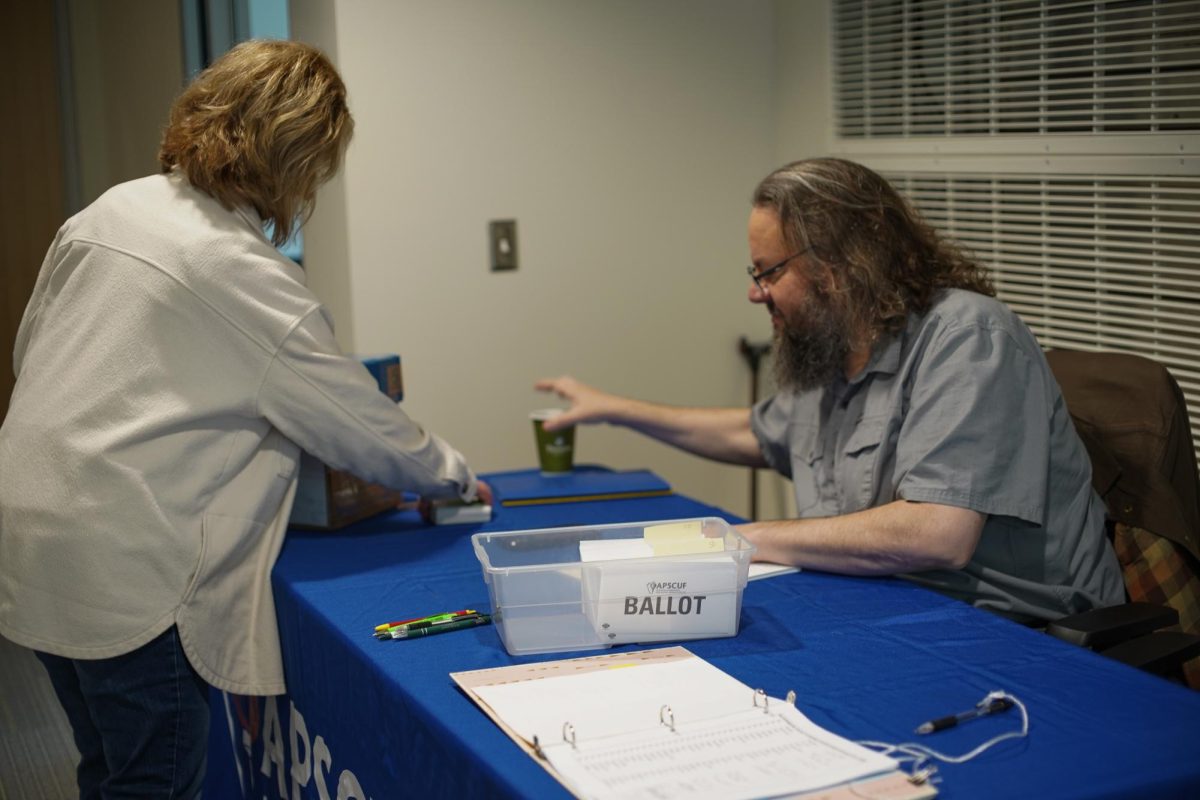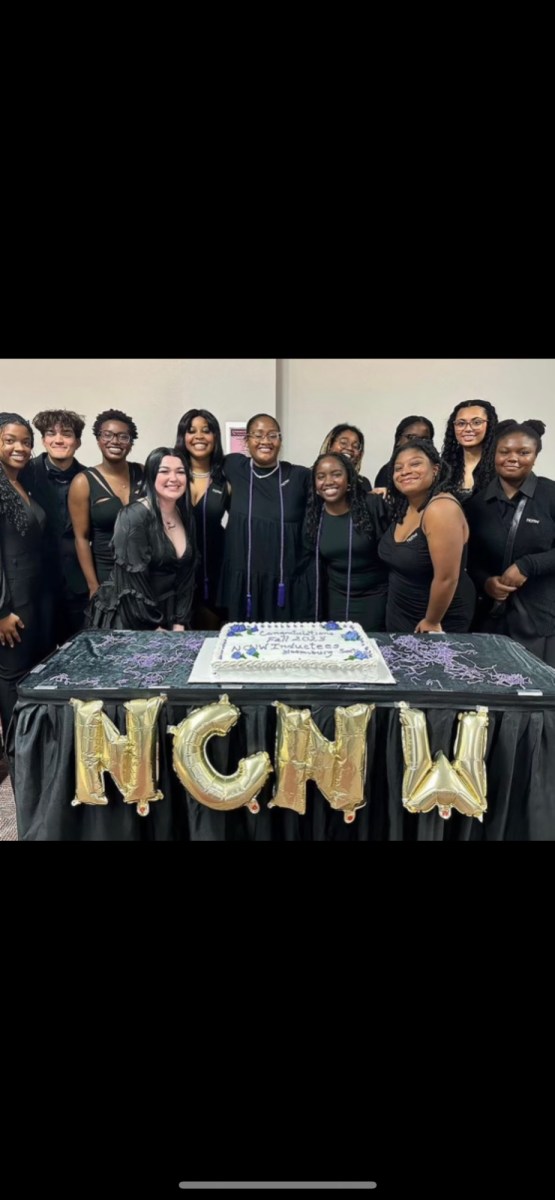A woman comes forth to testify in front of a divided nation. She has taken a polygraph and the results, inadmissible of course, are in her favor nonetheless. Her opponent is a man, a credible man with a good name, handpicked by the Commander-in-Chief himself to serve on the Supreme Court of the United States.
Her credibility is immediately brought into question. Why did she wait so long to bring up the accusations? Is she delusional? Does she want revenge?
Is this merely a political attack by the Democratic Party to stop the appointment of a conservative Supreme Court Justice, specifically one that may oppose Roe v. Wade? It is 1991, and Clarence Thomas has just been sworn into the Supreme Court by a margin of 4 votes, the smallest margin for a justice since the 1800s.
Almost 3 decades have passed since the swearing-in of Justice Thomas. Much has stayed the same, there is a Republican administration, a Senate Judiciary Committee, a Supreme Court vacancy, and attacks by both sides over the fate of that vacancy. Roe V Wade is still a heavily disputed issue, Joe Biden is still a political figure, and the accuser is still on trial, the same as the accused.
A lot has changed since 1991. There are women in power, ten times as many senators, three actually on the Judiciary Committee.
You no longer need to dial your phone to use the internet. Sexual harassment protections have increased exponentially. There is the Me Too movement. There are men being taken down. There are new, more severe allegations.
The allegations against Justice Thomas, ones that nearly cost him his nomination, were from over a decade prior. The 1991 Judiciary hearing discussed rebuffed romantic advances, unpleasant comments that were painfully ignored, and inappropriate conversations that were silently endured.
The new allegations against Mr. Kavanaugh are three times older, but many, many times more heinous. The allegations brought forth against Mr. Kavanaugh are not claims of workplace harassment, but claims of a violent, drunken assault.
Another stark contrast to the 1991 hearings, is Doctor Christine Blasey ford. Doctor Ford has no clear, exploitable faults in credibility or character. Anita Hill’s testimony was brought into question because she had continued to work with Thomas for years despite the alleged actions.
Doctor Ford, unlike Anita Hill, has previously described her alleged assault to her husband and a counselor years prior. Kavanaugh does not have Thomas’s defense of racial bias, nor is he facing the social attitudes of the late 20th century.
Since 1991, Bill Clinton has been impeached. Harvey Weinstein has been ruined. Bill Cosby is facing years in prison, and Kevin Spacey is no longer known for just acting.
This is now the 21st Century, where victims are not only believed but protected. We have no conceivable way to prove Kavanaugh’s guilt or innocence unless the newly ordered investigation gives way to new evidence.
Thus, like Justice Thomas, Bill Clinton, and Roy Moore, Brett Kavanaugh exists to the public in a quantum position of both guilt and innocence.
The question, however, is not of Mr. Kavanaugh’s guilt or innocence. The question is, “Why is this case being handled so differently than the case of Clarence Thomas?”
Justice Thomas won his seat by just 4 votes over allegations of what President Trump describes as “locker room talk.” The allegations against Brett Kavanaugh are that of attempted rape.
This is an era with twenty times as many women in the Senate, with women actually on the Senate Judiciary Committee. Regardless of whether you support Kavanaugh, the allegations against him are more severe and more credible than those against Justice Thomas, but they are being taken more lightly.
Brett Kavanaugh is not indispensable. He’s a centrist with shaky stances on the 4th amendment, and he now has a somewhat irreparably tarnished name with a new motive for partisanship.
There is no reason to force Brett Kavanaugh through to the Supreme Court. There are thousands of candidates just as qualified, without allegations against them, but if Justice Thomas could barely make the cut, then Brett Kavanaugh should not.
Taylor is a freshman Political Science major and is president of the BU Democrats.























